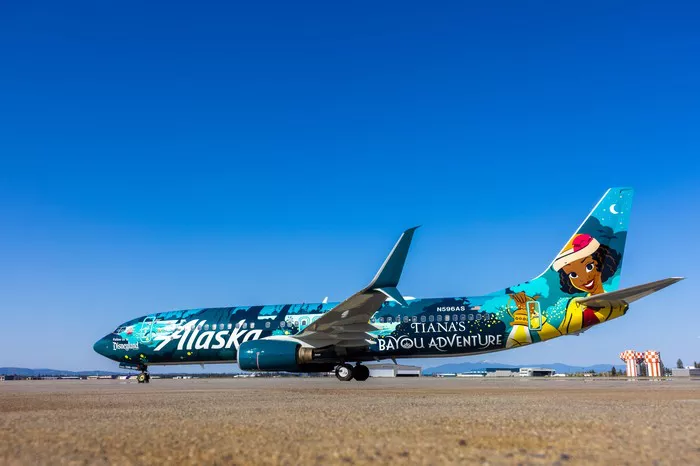Alaska Airlines is canceling 14 flights per day this summer as U.S. tariffs disrupt its ability to receive new regional jets, the carrier confirmed on Wednesday.
The Seattle-based airline said it will postpone the delivery of two Embraer 175 aircraft originally slated to join its Horizon Air fleet. The decision stems from increased costs linked to a 10% tariff imposed on Brazilian aircraft imports since April. These jets, built in Brazil and due to arrive in May, were intended to support Horizon’s summer operations.
“As part of this effort to control our costs, Alaska will not accept additional costs imposed by tariffs throughout our supply chain,” the airline said in a statement to CBS News. “We deeply regret the impact this situation will have on our guests this summer.”
Horizon Air, a wholly owned regional subsidiary of Alaska Airlines, exclusively operates Embraer jets. The mainline Alaska fleet consists entirely of Boeing aircraft. The lack of the anticipated Embraer deliveries has forced the airline to make operational cuts through the end of July.
Affected routes span across the Pacific Northwest, Alaska, California, Colorado, Utah, and western Canada—regions that Horizon typically serves. However, Alaska emphasized that no routes will be entirely dropped. Instead, the airline is reducing frequency on routes that have multiple daily departures.
“When deciding which flights to cancel, we put our guests at the center of consideration,” the airline added. “We assessed our network and protected the communities we serve that already have limited service.”
Alaska’s cost-saving move mirrors a similar strategy by Delta Air Lines earlier this year. To sidestep tariffs, Delta first delivered new Airbus A350 jets from France to Japan. The planes were flown internationally before entering the U.S., thus avoiding the import tariff by technically arriving as used aircraft.
The broader aviation industry has expressed concern over rising costs linked to U.S. trade policies. The Trump administration’s tariffs have already reshaped supply chains in multiple sectors, forcing businesses to adapt by delaying purchases, raising prices, or modifying logistics.
In the case of Alaska Airlines, the tariff-related delivery delays are now directly affecting summer travel plans for thousands of passengers. The airline says it is working to rebook impacted travelers on alternate flights and minimize disruptions as much as possible.

